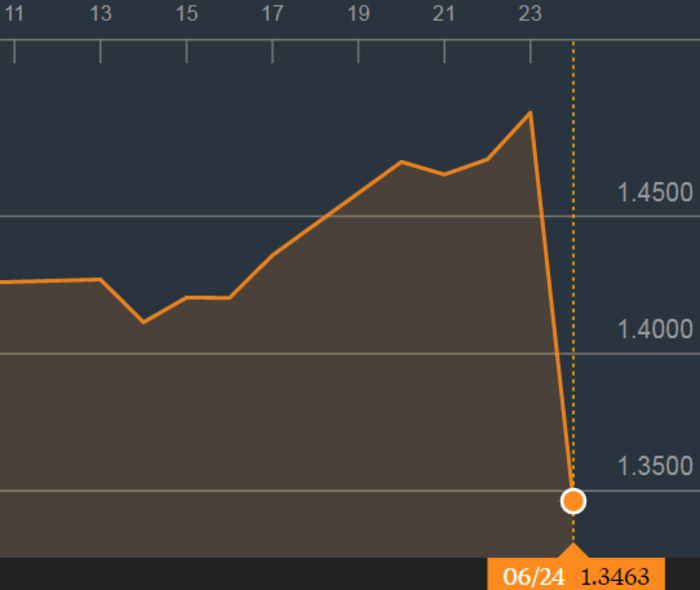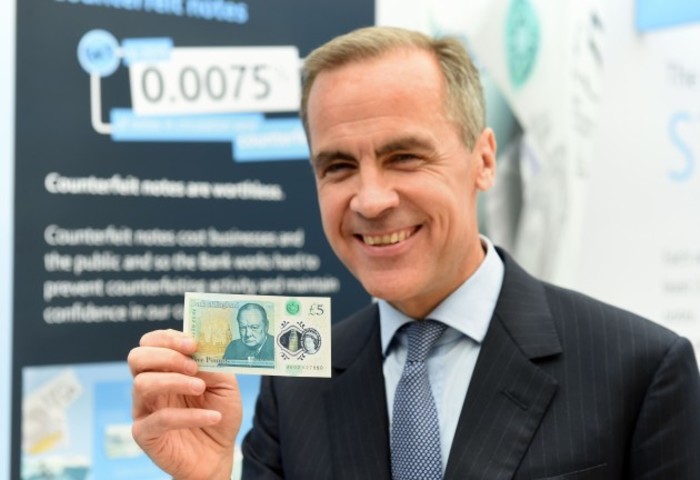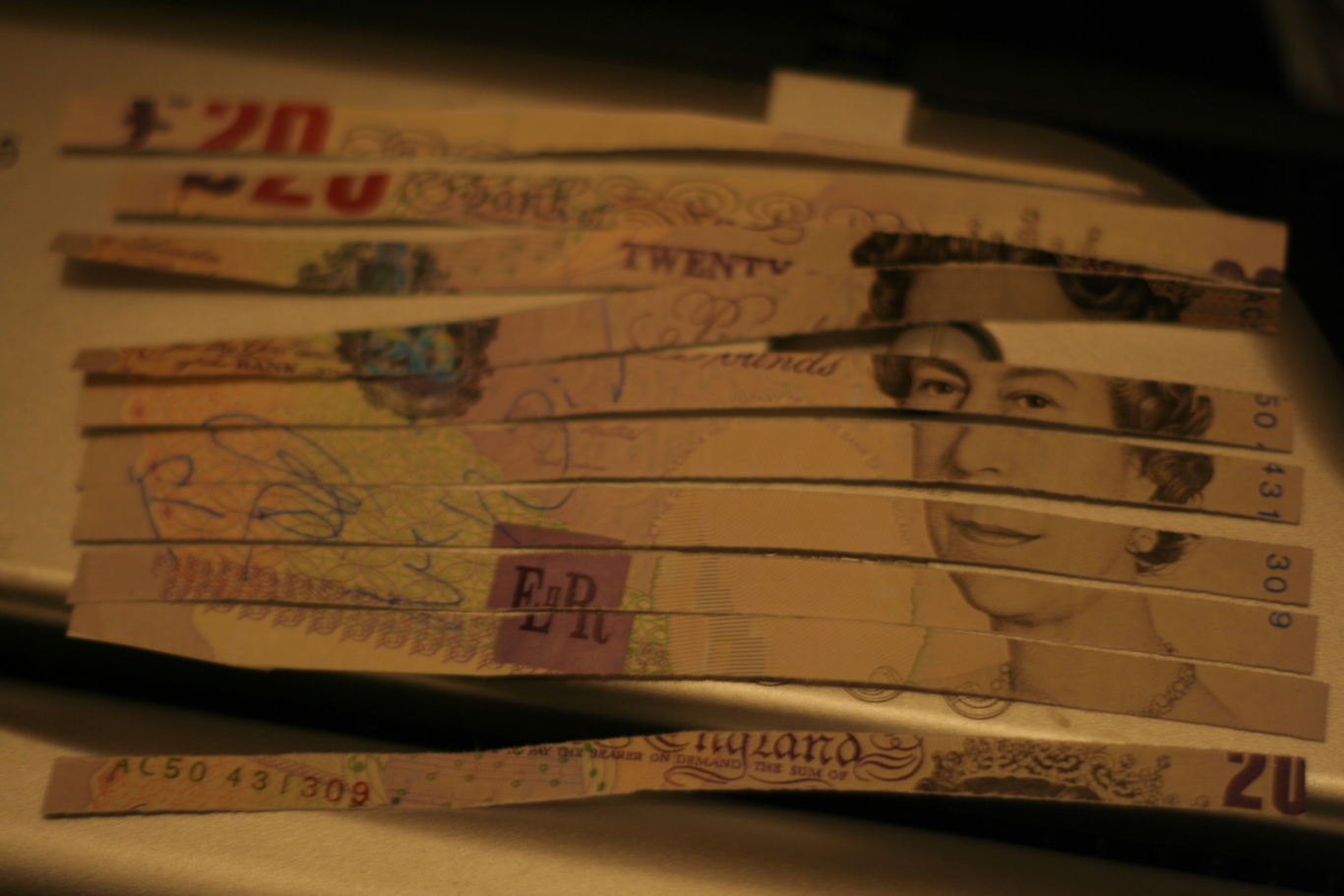The pound is getting shredded as the UK heads for the Brexit
Economists are already slashing their forecasts for the country’s future.
THE POUND HAS plunged to a three-decade low after UK voters unexpectedly opted to turn their backs on the European Union.
The Brexit scenario, which even yesterday was being predicted as a long shot with polls favouring the ‘Remain’ side, sent sterling crashing to its lowest level against the US dollar since 1985, when unemployment in the country was hovering around 12%.
The pound dropped like a stone as the voting results came in overnight, shedding more than 13% to bottom out around $1.32 before recovering to around $1.39.
This chart shows just how suddenly the currency plunged in value before that crawl back.

It was a similar story with the euro, although the drop wasn’t as pronounced with the common currency also dragged down slightly on the prospect of the EU losing its second-largest economy.
Sterling was trading close to €1.20 at one stage, before it headed back up towards €1.25.
The economic shock
As we explained previously on Fora, the overwhelming consensus from economists is that the UK ditching the EU will be bad for its economy for the foreseeable future.
In the short term, demand for UK assets is expected to take a major hit, cutting demand for the pound and its value on the markets.

PwC has predicted sterling could head close to parity with the euro in the aftermath of the poll in the event of a Brexit vote.
Looking further forward, interest rates will be the key factor if the economy is flagging - although the official UK rate has already been fixed at a record low for the past seven years.
Economists have already begun slashing their growth forecasts for the UK economy while the government there heads into a two-year period of negotiations around leaving the European bloc.
Capital Economics predicted anaemic growth of 1.5% both this year and the next as uncertainty reigns in the markets.
Meanwhile, the Bank of England issued a statement this morning in an attempt to calm speculation, saying it would “take all necessary steps” to ensure stability – messaging last seen during the financial crisis.
 Bank of England governor Mark Carney
Bank of England governor Mark Carney
From an Irish perspective, UK-focused exporters – that means, in particular, farmers and food and drink suppliers – will suffer as their products become less competitive compared to British counterparts.
The local tourism industry could also take a hit from easily its largest customer base with holidays here becoming more expensive for UK buyers, although all of the eurozone will be in a similar position on that front.
Anyone dependent on exports from across the Irish Sea, on the other hand, will be cheering as the costs of their goods got nearly 10% cheaper in the space of a few hours.






